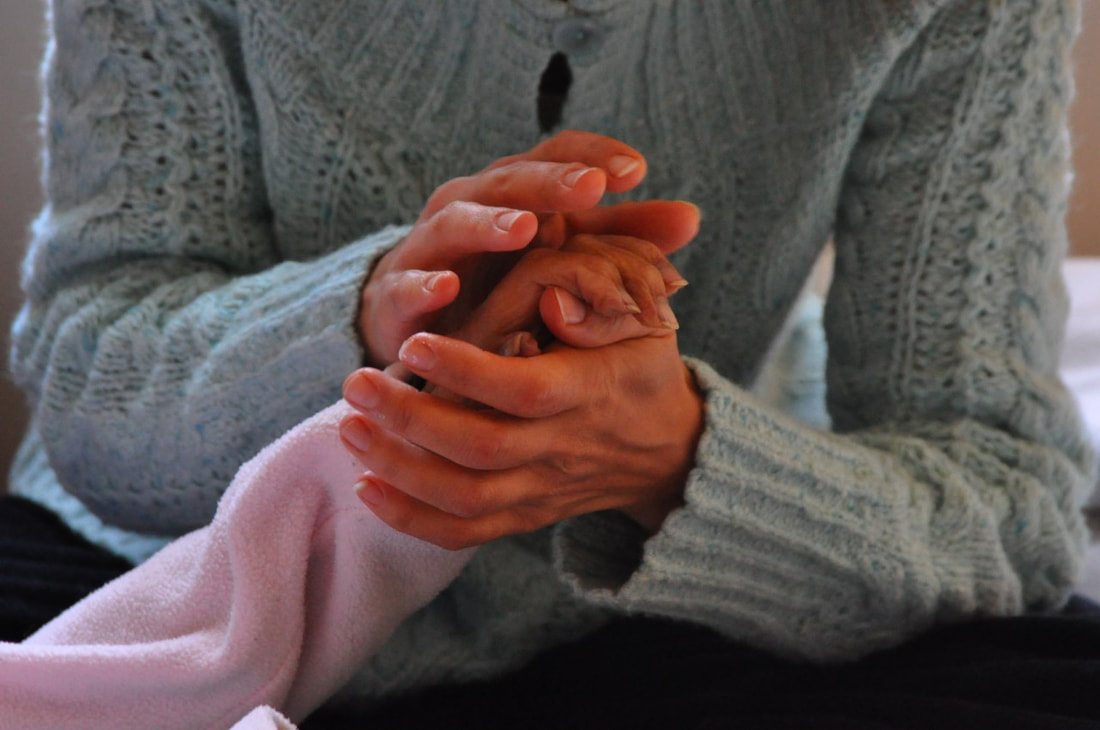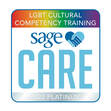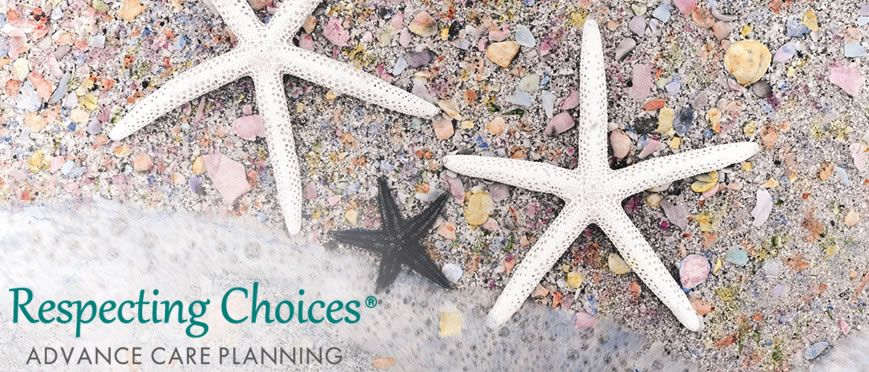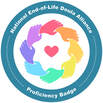 Listen to webinar here. The end-of-life doula (EOLD) field is a rapidly growing profession that is not currently regulated. Many who are drawn to caregiving at the end of life are exploring death doula/death midwife training. With 10,000 boomers turning 65 every day in the US, we need creative ways to care for the elderly and the dying at home. Is certification necessary to set up a business and work as an EOLD? I’ll be discussing this on Wednesday, April 29, at noon EDT, in a zoom webinar that is open to all; email me to receive the link. Credentialing by an independent professional organization may be on the horizon in a few years. Currently, however, it’s important to understand that certification is conferred only by independent trainers or training organizations. In other words, individuals certify their students according to what they independently have decided are the necessary knowledge, skills, and/or experience to have. Among different trainers and training programs there is great diversity of style, philosophy, and content with no professional oversight of any kind. Let me give you an example. Mr. Z, an entrepreneur, decides he wants to offer EOLD training. He’s had life experience or professional experience that he, with no sanction by any other professional body or group of people, think qualifies him to offer such training. He designs his class or course based on his definition of an EOLD and what he thinks the role entails. He then also decides to offer certification, based on a process that he made up. It may include field experience, it may not. It may include a test or written assignments, or not. He decides to confer a credential. A common credential currently used by many trainers is CEOLD - Certified End-of-LIfe Doula. But here’s where it gets tricky. Someone who earns a CEOLD from his certification program does not compare with someone who earned a CEOLD from another training program. Ms. A’s training program may use an entirely different definition of what an EOLD is and does. Ms. A may include a different skill set and philosophy. No outside regulatory body that has sanctioned or compared either program, but they may use the same CEOLD credential. This is confusing to students, EOLDs, consumers, and healthcare organizations alike. The benefit to the student of obtaining certification is that they know their knowledge and skills compare to someone else who is certified by the same training organization. The drawback is that it means nothing overall until there is some oversight of training organizations by an independent professional organization. There is one organization that is not a training organization that confers a credential — the National End-of-Life Doula Alliance (NEDA). It is called a proficiency badge and it is open to anyone, regardless of training background. It assesses knowledge only, not skills or experience, and is based on a set of core competencies defined by a consortium of EOLDs and trainers. It provides a first step in bringing everyone together to define this profession. and it sets the stage for a more robust regulatory process to come. Join me to discuss this further. Bring your questions and concerns and ideas. By sharing our views and hashing this out, we’ll help move this profession along. I’m interested to know what you think.
0 Comments
Leave a Reply. |
|
Speak with Merilynne about |
Find A TRAINING for |
find resources |
Website designed by Lee Webster, Side Effects Publishing
|
MAKE A DONATION to support the work of The Dying Year that helps other just starting out in the end of life doula field. Thank you!


 RSS Feed
RSS Feed


